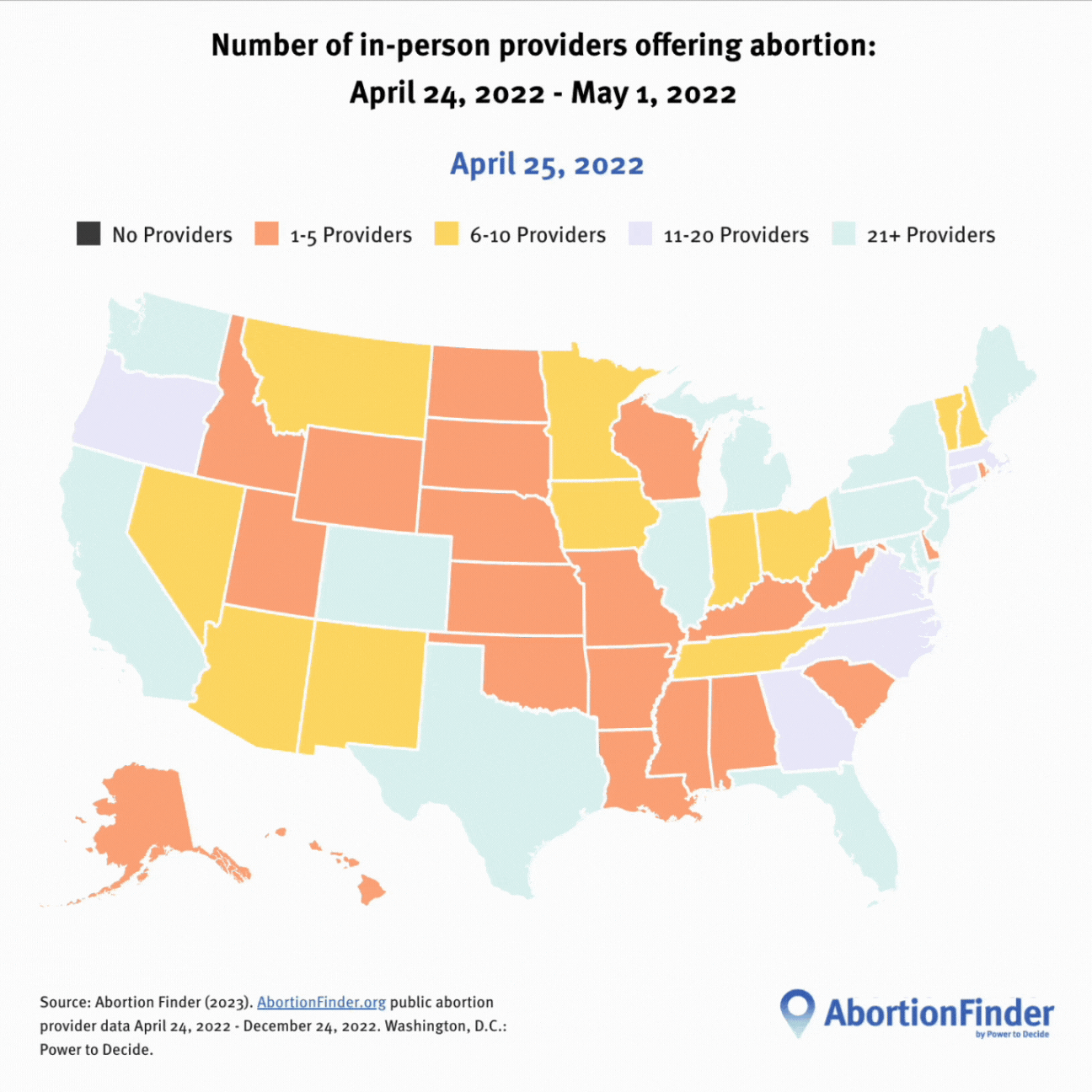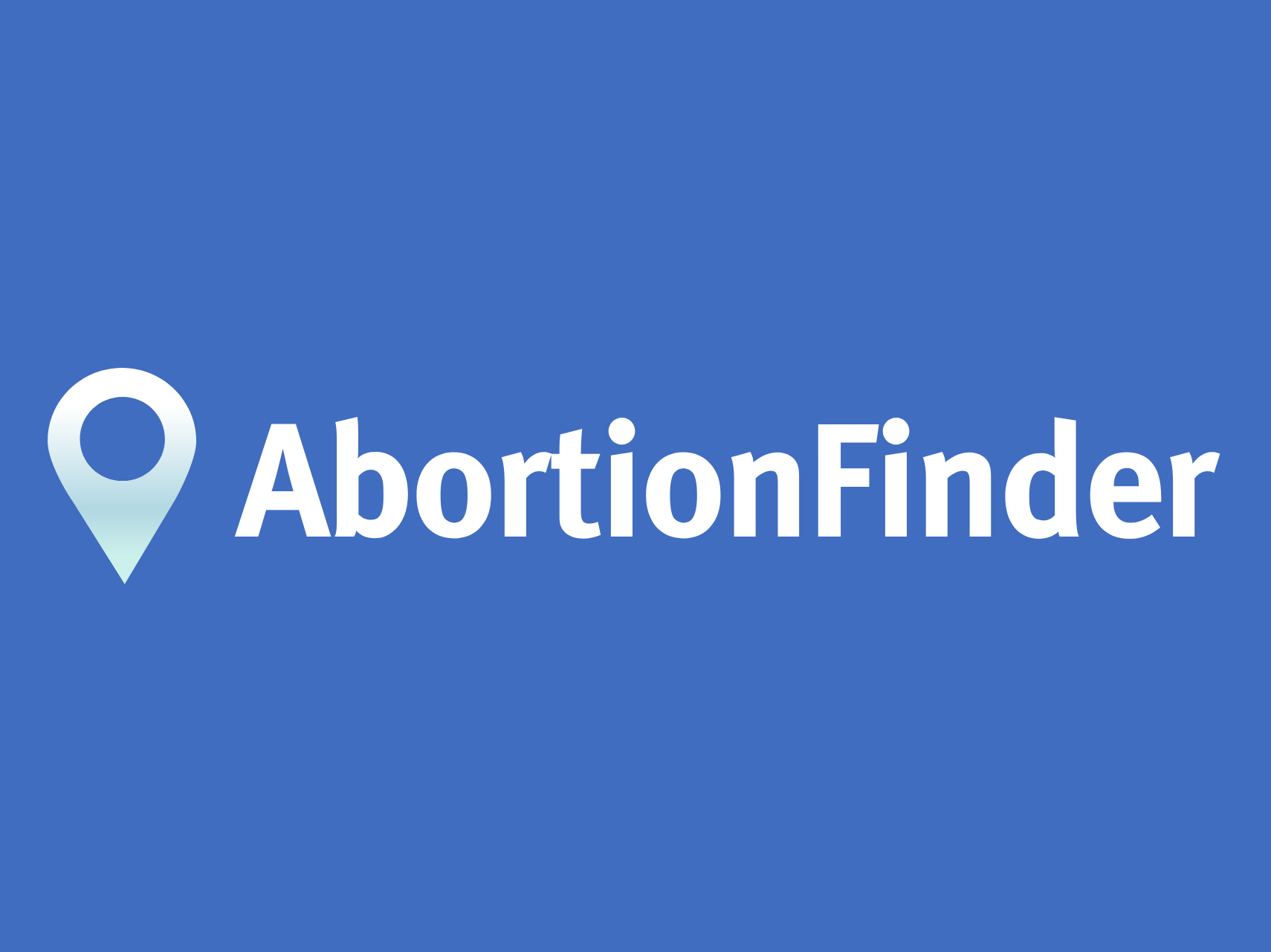Fighting for Access in a Post-Dobbs World
In a different world, Sunday, January 22, would have—should have—marked the 50th anniversary of Roe v. Wade, the decision that provided federal protections for abortion access. But instead of reflecting on the progress made in improving reproductive well-being for people over the last half-century, we are again fighting for the right to access abortion care. Sadly, we may soon also face more concerted attacks on access to birth control. The new abnormal for abortion as well as reproductive well-being more broadly can be described in only one word: chaos.
Fluctuating Abortion Access
In mid-April, before the Court’s decision in Dobbs v. Jackson Women’s Health, 766 in-person providers across the country provided abortion care services. By early December 2022, that number dropped to 713. Any loss in access undermines the pursuit of reproductive well-being, but, even worse, the decreases were not spread evenly across the country; 14 states—Alabama, Arkansas, Idaho, Kentucky, Louisiana, Mississippi, Missouri, North Dakota, Oklahoma, South Dakota, Tennessee, Texas, West Virginia, and Wisconsin—lost every single clinic offering abortion in the state. Many more states have very limited access. Put another way, access to abortion was already quite limited before Dobbs, particularly for people of color, people living in rural areas, and people struggling to make ends meet. That picture is even bleaker now.

Less access; more chaos.
The chaos is impacting people’s lives every day! Numbers only give a surface look at the hurdles people face across the country to receive the care they need and deserve.
Crossing the Line, a ‘verité’ style audio documentary series we partnered on, tells real stories from the frontlines in the fight for reproductive freedom. The podcast follows numerous people as they seek abortion care and allows listeners to experience—up close and personal—the barriers faced by too many looking to access basic health care.
Over the summer, we also conducted in-depth interviews with people who sought or had an abortion and live in states where a new ban or restriction was enacted. Our research found that abortion seekers feel overwhelmed with the process of arranging the logistics required to navigate the increasingly complicated process of connecting to abortion care and services. We also found that people have significant unmet needs for emotional support as they move through their journey. Abortion bans and restrictions are making people feel alone and abandoned at a time when they should be feeling supported and affirmed.
Additional Effects of Limiting Abortion
The chaos is wide and deep. In the wake of the Supreme Court’s Dobbs decision, almost six in ten (57%) people in the US believe that it will be harder to get birth control in the future, according to a survey we commissioned late last year. Their concern is understandable. In July, the House of Representatives passed a bill—the Right to Contraception Act—protecting access to contraception that was blocked in the Senate.
People’s fear that their birth control would be taken away from them and how that would negatively impact their lives played out in real time across social media.
Fearful of what the future might bring, many rushed to get birth control in the weeks leading up to and right after the Dobbs decision.
Our Role in Increasing Access
We believe abortion access is a good thing. We created AbortionFinder (AbortionFinder.org) to connect folks across the country with the health care they need and deserve. AbortionFinder is an easy-to-use search tool built on a database of over 700 verified abortion providers across the country. Individuals can easily find a list of abortion providers who can help by simply entering their age, the first day of their last period, and their location. Plus, members of our staff verify that every clinic included in the database actually provides abortion, which means that no crisis pregnancy centers are allowed.
The chaos we’re fighting requires new strategies to succeed in helping all people achieve reproductive well-being. As part of our approach to working in this new abnormal, Power to Decide has updated our mission to reflect the work our staff does day in and day out to create a world in which everyone—no matter who they are or where they live—has the power to decide if, when, and under what circumstances to get pregnant and have a child.
Please, help us spread the word about AbortionFinder and support our efforts to provide trusted information and expand access to quality services as we aim to advance sexual and reproductive well-being for all.
